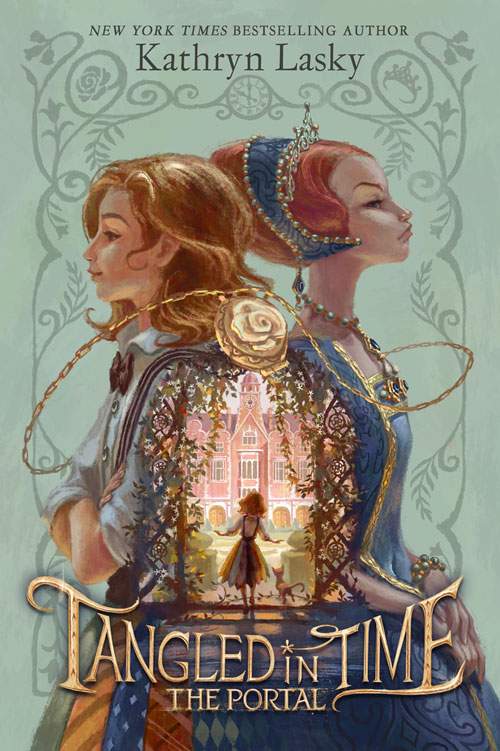BlogLatest updates from Kathryn Lasky

My friend Kevin
He read Tangled in Time and had some comments
People often ask me where I get ideas for my characters. And most of the time I’m kind of uncertain. But in Tangled in Time,the boy Myles has a real life counterpart—my friend Kevin—whom I met in the back of a large lecture hall at Harvard. Kevin was a Freshman and I was a—okay, let’s say way beyond my senior year, and well into my chronologically senior years. The class was on the origins of fairytales. I was auditing the course. Kevin was taking it for credit. He had to sit in the back of the steeply banked auditorium because there was no wheelchair access to the closer seats. But of course, Kevin made do—actually made more than do. He aced the course, and graduated four years later with honors. He then went on to the London School of Economics and is about to complete his doctorate in political science at Stanford. He is also an outspoken advocate for disabled people and will soon be starting a job at the National Institute of Health in September focusing on bio ethics. He has done all this without having the ability to speak clearly, walk, or actually hold a book. His vision has been affected, and therefore he can only read on a computer.
Too often when we encounter people like Kevin we look through them or will them to become invisible. And that is the last thing we should be doing. So, I decided I had to make Kevin and other young people with challenges like cerebral palsy, or being short statured, or autistic, visible. And that is why I created Myles, and then Bettina, a dwarf in the court of Henry VIII, and Jane The Bald, the clever fool, who indeed as Rose so insightfully concludes, most likely is autistic, and not simply an idiot who can turn cartwheels.
Kevin wrote to me recently that although he was the model for Myles, he liked Bettina and Jane the Bald even more than Myles. Here is what he said about his own invisibility as a kid.
" I think what touched me about Bettina is that Rose really makes her feel seen for the first time, and so often as a kid I felt strangely misunderstood always having to prove myself to the next teacher, the next set of classmates, etc. Bettina's speech to Rose's father near the end brought a tear or two to my eyes. In a way, Myles is lucky in that he's been raised to presumably laugh that stuff off, as I was, but I think given her historical context, Bettina allows readers to see a level of emotional vulnerability around disability and bullying that really made her stand out for me. "
The publisher Harper Collins did have a sensitivity reader go through the book, but having my friend Kevin’s remarks were for me what really counted.
Related Book
Want to learn about upcoming books?
please join our mailing list!
